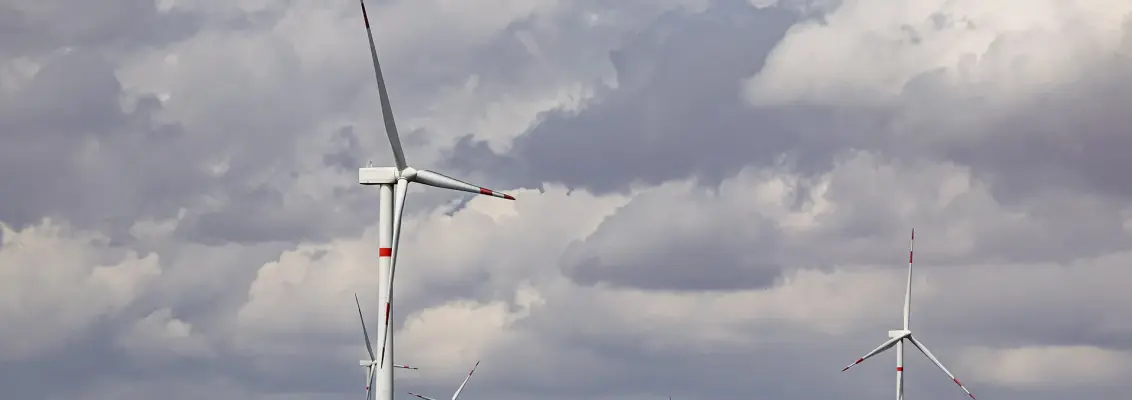The energy transition in Mexico: challenges and opportunities

- The energy transition in Mexico is a crucial process for the country’s sustainable development.
- Despite the significant potential in renewable energy in Mexico, there are still energy transition challenges to overcome.
- The energy opportunities in Mexico are vast, especially in the development of solar and wind energy.
A Sustainable Energy Future
Mexico is at a crucial moment to redefine its energy landscape. The need to reduce dependence on fossil fuels and mitigate the impact of climate change has driven the energy transition in Mexico toward a more sustainable model.
This process, although complex, presents a range of energy opportunities in Mexico to promote economic and social development. In this article, we analyze the challenges of the energy transition and the opportunities available on the path toward a cleaner, more efficient energy future.
Renewable Energy in Mexico
Mexico’s privileged geographical location and abundant natural resources position it as a country with great potential for the development of renewable energy.
Solar and wind energy in Mexico have enormous potential, particularly in the north and south, where solar radiation and wind speeds are ideal for electricity generation. Additionally, there are opportunities in other renewable energy sources such as geothermal, hydroelectric, and biomass.
Renewable Energy Potential in Mexico
| Energy Type | Potential | Regions with Greatest Potential |
| Solar | High | North, Northwest, Center |
| Wind | High | Isthmus of Tehuantepec, Baja California, Yucatán |
| Geothermal | Moderate | Trans-Mexican Volcanic Belt |
| Hydroelectric | Moderate | South, Southeast |
| Biomass | Moderate | Rural areas with agricultural and forestry activity |
Challenges of the Energy Transition and Obstacles to Overcome
The energy transition in Mexico faces various challenges that must be addressed to effectively move toward a sustainable energy model. Some of the main challenges include:
- Regulatory framework. A clear and stable regulatory framework is needed to encourage investment in renewable energy and facilitate the integration of new technologies into the power grid.
- Infrastructure. The electrical infrastructure must be modernized to transmit and distribute energy from renewable sources, especially in remote areas.
- Financing. Investment in clean energy in Mexico requires accessible financing mechanisms for both public and private sector developers.
- Resistance to change. Some stakeholders benefiting from the current energy model may resist the energy transition, hindering policy implementation.
- Training. Training professionals in renewable energy technologies is essential to ensure proper operation and maintenance of facilities.
Energy Opportunities in Mexico
Despite the challenges, the energy transition in Mexico offers major opportunities for the country's economic and social development. Key opportunities include:
- Job creation: Investment in clean energy in Mexico will generate new jobs in the manufacturing, installation, and maintenance of renewable energy systems.
- Regional development: Exploiting renewable resources in various regions will boost local economic development.
- Emission reduction: The energy transition will reduce greenhouse gas emissions and help mitigate climate change.
- Energy security: Diversifying the energy matrix with renewable sources will enhance the country's energy security.
- Technological innovation: The energy transition will drive innovation and the development of new technologies in the energy sector.
Toward Sustainability
Mexico’s energy future increasingly revolves around renewable energy. The electricity industry in Mexico is undergoing a transformation driven by the need for a more sustainable and efficient model. The energy transition is not only an environmental commitment, but also a key opportunity for economic and social development.
The energy transition in Mexico is a complex process that requires the participation of all stakeholders: government, private sector, academia, and civil society. It is essential to implement public policies that promote investment in clean energy, facilitate the integration of renewables into the power grid, and encourage technological innovation. Sustainable development in Mexico depends largely on a successful energy transition that guarantees access to clean, reliable, and affordable energy for all.
